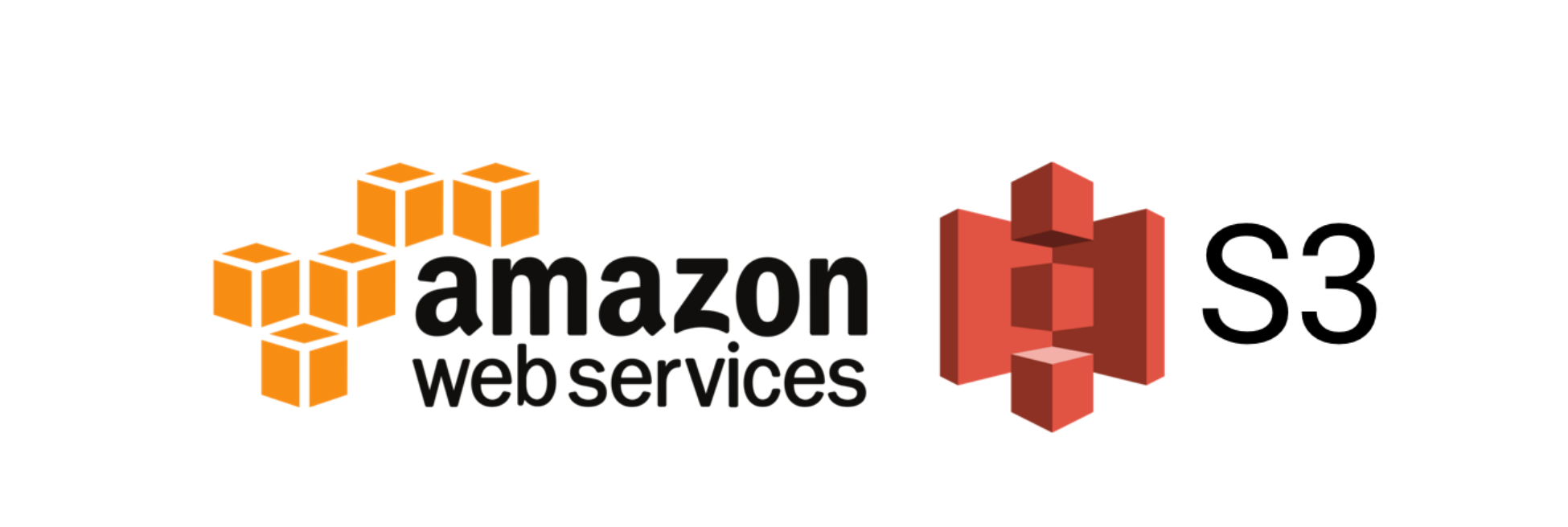Amazon S3 and Types of Storage technology.
Storage:
Storage is the process of storing digital data in a data storage device utilizing computer technology. Storage is a technique that allows a computer to retain data for an indefinite or temporary period of time. Other names for storage include computer data storage and electronic data storage.
Examples of storage Technology :
- Computer data is stored on four different types of media:
- Magnetic storage
- Optical storage
- Solid-state storage
- Cloud Storage
Magnetic storage devices:
Magnetic storage is one of the most popular types of computer storage. This technology is usually seen on super-sized HDDs or hybrid hard drives.
Floppy diskette
Hard drive
Magnetic strip
SuperDisk
Optical storage devices
Optical storage, which reads and writes data using lasers and lights, is a prevalent type of storage.

Blu-ray disc
CD-ROM disc
CD-R and CD-RW disc.
Solid-state storage devices
As solid-state storage (flash memory) grows more affordable, it has displaced most magnetic and optical media as the most efficient and dependable solution.
USB flash drive
Memory card
SDHC Card
SD card
SSD
Online and cloud Storage
People increasingly need to access their data from several devices, thus internet and cloud storage is growing more popular.
Google drive
AWS S3
DropBox
Amazon S3:

Amazon S3 is an Amazon Web Services service that offers object storage via a web service interface.The same scalable storage technology that supports Amazon.com's global e-commerce network also runs Amazon S3. AWS S3 can store any sort of item, making it ideal for Internet application storage, backup and recovery, disaster recovery, data archives, analytics data lakes, and hybrid cloud storage.AWS launched Amazon S3 in the United States on March 14, 2006.
Hosting websites
Static HTML webpages with index document support and error document support may be hosted on Amazon S3. When a URL containing a CNAME record hostname rather than a direct Amazon S3 bucket reference does not contain a valid S3 object key, such as when a casual user first visits a URL that is a ba, websites hosted on S3 may designate a default page to display and another page to display in the event of a partially invalid URL, such as a 404 error, which provide useful content to visitors of a URL containing a CNAME record hostname.
Amazon S3 Tools:
Developers may use Amazon S3's API.
The AWS dashboard has facilities for managing and uploading files, but it doesn't have the capability to manage big buckets or modify files.
Some applications and third-party websites offer the ability to modify files on Amazon S3.
Amazon S3 storage classes:

Amazon S3 has four storage classes, each with its own set of durability, availability, and performance criteria.
The default class is Amazon S3 Standard.
Amazon S3 Standard Infrequent Access (IA) is intended for data that is accessed infrequently. Backup and disaster recovery solutions are common use cases.
Amazon S3 One Zone-Infrequent Access is for data that isn't used very often but has to be accessible quickly when it is. All data is kept in a single zone, which means that if that zone is destroyed, all data is gone.
Amazon Glacier is intended for the long-term storage of data that is accessed infrequently and may be retrieved in minutes or hours. "Glacier Deep Archive" is a cheaper alternative with a retrieval time of at least 12 hours and a retrieval time of at least 12 hours.
Comments
Post a Comment